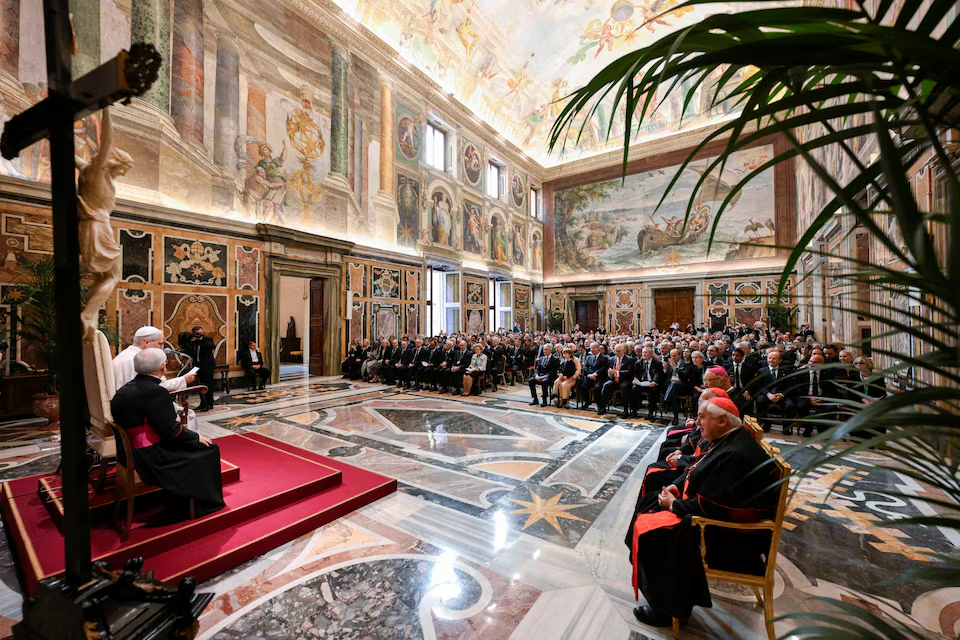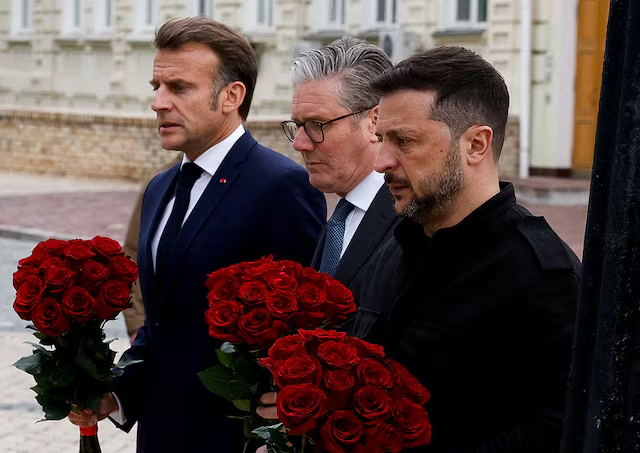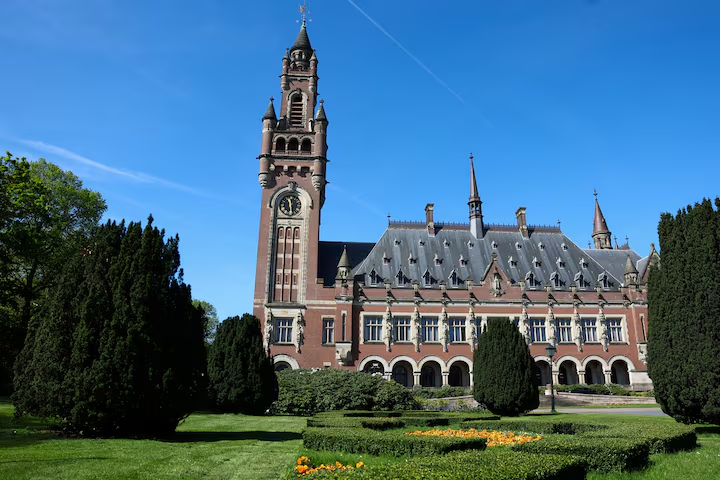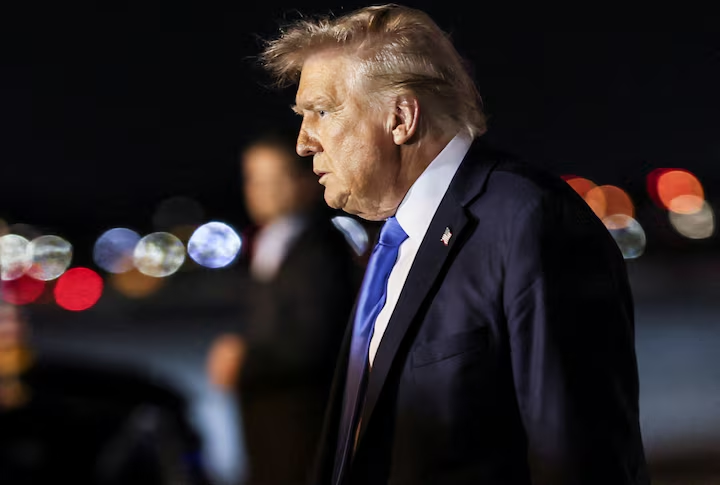Pope Leo XIV formally assumed leadership of the Roman Catholic Church on Sunday, May 18, 2025, with a grandiose inaugural Mass held at St. Peter’s Square in the Vatican, attended by tens of thousands of worshippers and dignitaries from across the world. The event marked the beginning of a new papal era following the death of Pope Francis earlier this year.
A sea of faithful Catholics, cardinals, bishops, and heads of state gathered under bright spring skies to witness the ceremonial installation of the Church’s 267th pontiff. Pope Leo XIV, who previously served as Cardinal Luis Tagle of the Philippines, delivered a homily calling for peace, humility, and global reconciliation, referencing the war in Ukraine, the crisis in Gaza, and the suffering of displaced people.
“Let the Church not be a fortress, but a field hospital,” the Pope declared. “Let us go where the wounds are deepest — be it war, poverty, or despair.”
Prominent international figures were present, including Ukrainian President Volodymyr Zelenskyy, U.S. Vice President JD Vance, and Israeli President Isaac Herzog. Their attendance underscored the Vatican’s relevance as a moral authority and potential mediator in global conflicts. Representatives from Muslim, Jewish, Orthodox, and Protestant faiths were also seated among the crowd, reflecting the pope’s vision of interreligious dialogue.
The Mass began with a solemn procession through the colonnade of St. Peter’s Basilica. Choirs sang hymns in Latin, and the Pope received the Pallium and the Fisherman’s Ring, symbols of papal authority. The Vatican reported that more than 250,000 people filled the square and surrounding streets for the occasion, while millions tuned in via live broadcasts and streaming platforms.
Pope Leo XIV inherits a Church facing both internal and external challenges. While Catholicism continues to grow in Africa and Asia, it struggles with declining attendance in Europe and the Americas, clergy abuse scandals, and increasing calls for reforms on issues such as clerical celibacy, LGBTQ+ inclusion, and the role of women.
In his speech, the new pope did not address these issues directly but hinted at a pastoral rather than doctrinal approach, urging the Church to be “more present in the lives of ordinary people.” He praised his predecessor, Pope Francis, as a “shepherd who walked with the poor,” and vowed to carry forward his legacy of compassion and ecological responsibility.
The Vatican confirmed that Pope Leo XIV will soon meet with world leaders to discuss mediation roles in active conflicts, particularly Russia’s war in Ukraine and the ongoing humanitarian crisis in Gaza. Diplomats have long considered Cardinal Tagle a bridge-builder, having served previously as head of the Vatican’s Congregation for the Evangelization of Peoples.
Security was tight in and around the Vatican, with Italian police and Swiss Guards deploying thousands of personnel. No incidents were reported, and the event concluded peacefully as Pope Leo XIV offered blessings to the crowd in multiple languages, including English, Spanish, Arabic, and Tagalog.
As the world watches the new pontiff take his first steps on the global stage, observers say his leadership will be defined not just by tradition, but by how he addresses modern-day crises — both spiritual and geopolitical.
With an emphasis on humility, inclusion, and unity, Pope Leo XIV begins his papacy with a message of healing — one that resonated deeply in a world yearning for moral clarity and compassionate leadership.
Source; Reuters



